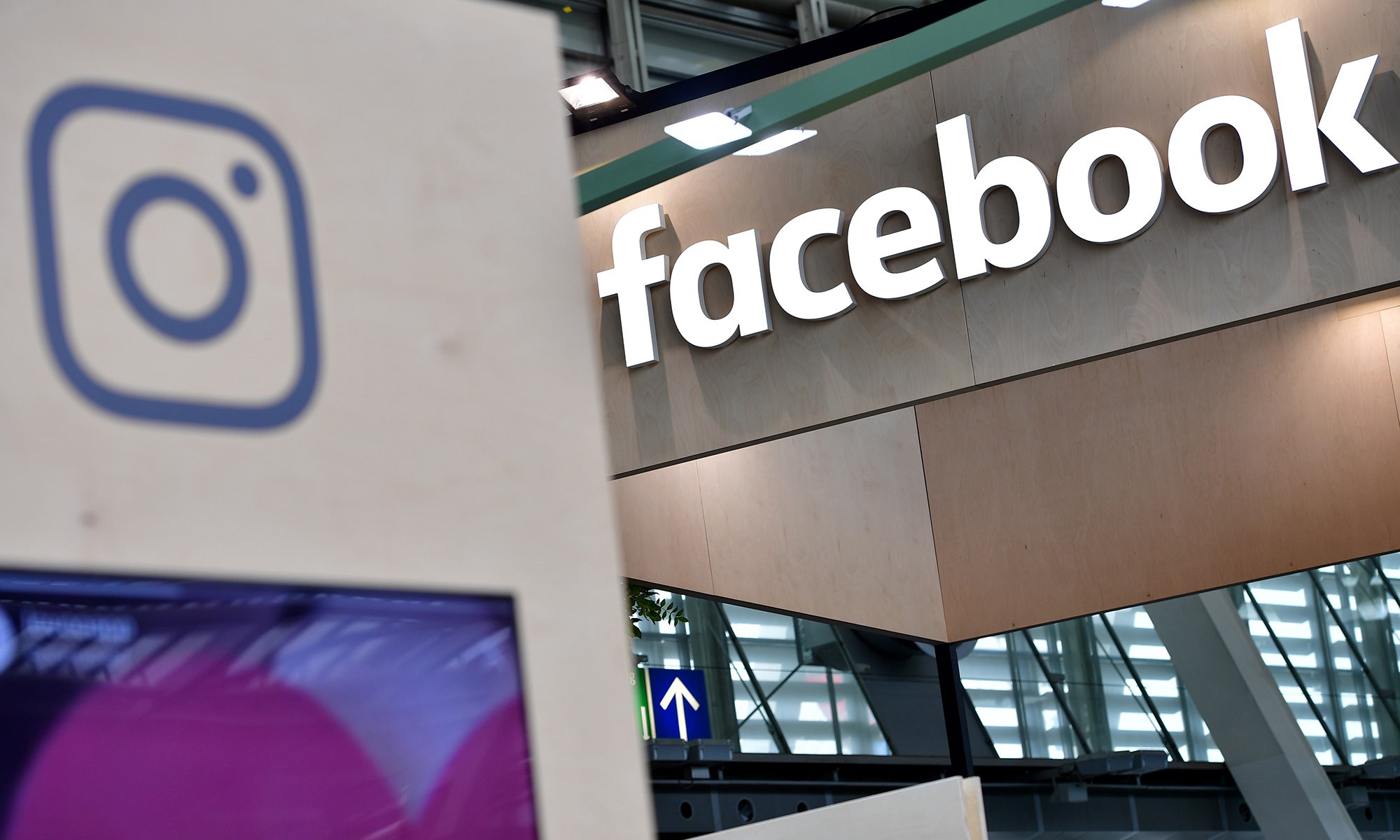advertisement
Facebook Steps Up Efforts Tackling Misinformation In East Africa
As global numbers continue to rise, and with coronavirus (COVID-19) reported in a number of countries across Africa, including now…

As global numbers continue to rise, and with coronavirus (COVID-19) reported in a number of countries across Africa, including now in Eastern Africa; Kenya, Tanzania, Ethiopia and Rwanda, Facebook continues in its commitment in helping to keep people safe and informed globally, and locally through local partnerships, and updates to its platform. This includes:
- Supporting health organisations – Facebook continues to partner with organizations like health agencies and NGOs who are actively using its platforms to share accurate information about the situation, including on Pages. To help bolster and extend these efforts, the company is also providing ad credits to the World Health Organisation (WHO).
- Supporting global health organisations in fundraising – As people come together on Facebook for this critical relief effort, FB are supporting the UNF/WHO COVID-19 Solidarity Response Fund Facebook Fundraiser with $10 million in matching donations. They are also working with the CDC Foundation to launch a Facebook Fundraiser in the coming weeks, and will also match up to $10 million.
- Providing educational pop-ups on top of search results – Facebook is one of the world’s biggest search engines and go-tos for information. This will work in favour of informing their 1.66 billion daily users.
- Medical supply hoarding/coronavirus ad and commerce policy changes – Facebook note that their ongoing work to limit the spread of misinformation and harmful content about the virus also applies to advertising. They launched a new policy prohibiting ads for products that refer to coronavirus in ways intended to create a panic or imply that their products guarantee a cure or prevent people from contracting it. That includes claims related to false cures or prevention methods — like drinking bleach, or claims that create confusion about available health resources. They are also temporarily banning advertisements and commerce listings that sell medical face masks.
- Limiting misinformation and harmful content – A global network of third-party fact-checkers are continuing their work in reviewing content and debunking false claims that are spreading related to the coronavirus.
- Removing harmful health misinformation – FB will also start to remove content with false claims or conspiracy theories as flagged by leading global health organizations and local health authorities that could cause harm to people who believe them. They are doing this as an extension of their existing policies to remove content that could cause physical harm. The social network will be focusing on claims designed to discourage treatment or the taking of appropriate precautions. If it means blocking or restricting hashtags spreading misinformation on Instagram, they will rein it in. The social media platform is conducting proactive sweeps to find and remove as much of this content as possible.
- On Instagram – The platform has moved WHO and other authoritative sources to the top of the search, so people can easily find the most accurate information. As a result, they no longer allow people to search for COVID-19 related AR effects, unless they are developed in partnership with a recognized health organization.
- Facebook Groups – Being focused on connecting people with authoritative sources and reducing the spread of harmful misinformation includes Groups. Any searches for coronavirus related groups is directed to credible information from health organizations. Groups sharing falsehoods will find themselves removed from FB recommendations.
- Creation of the Business Resource Hub – Supporting businesses being affected – directly or indirectly – the Hub features resources and recommendations to help small businesses stay connected to their customers and keep their business on track. Consequently, this includes quick and easy access to credible and accurate information about COVID-19 to help small businesses and the communities they serve, stay informed.
It should be very interesting to see which guidelines they can, might or will come up with for one of the biggest social media platforms, WhatsApp.